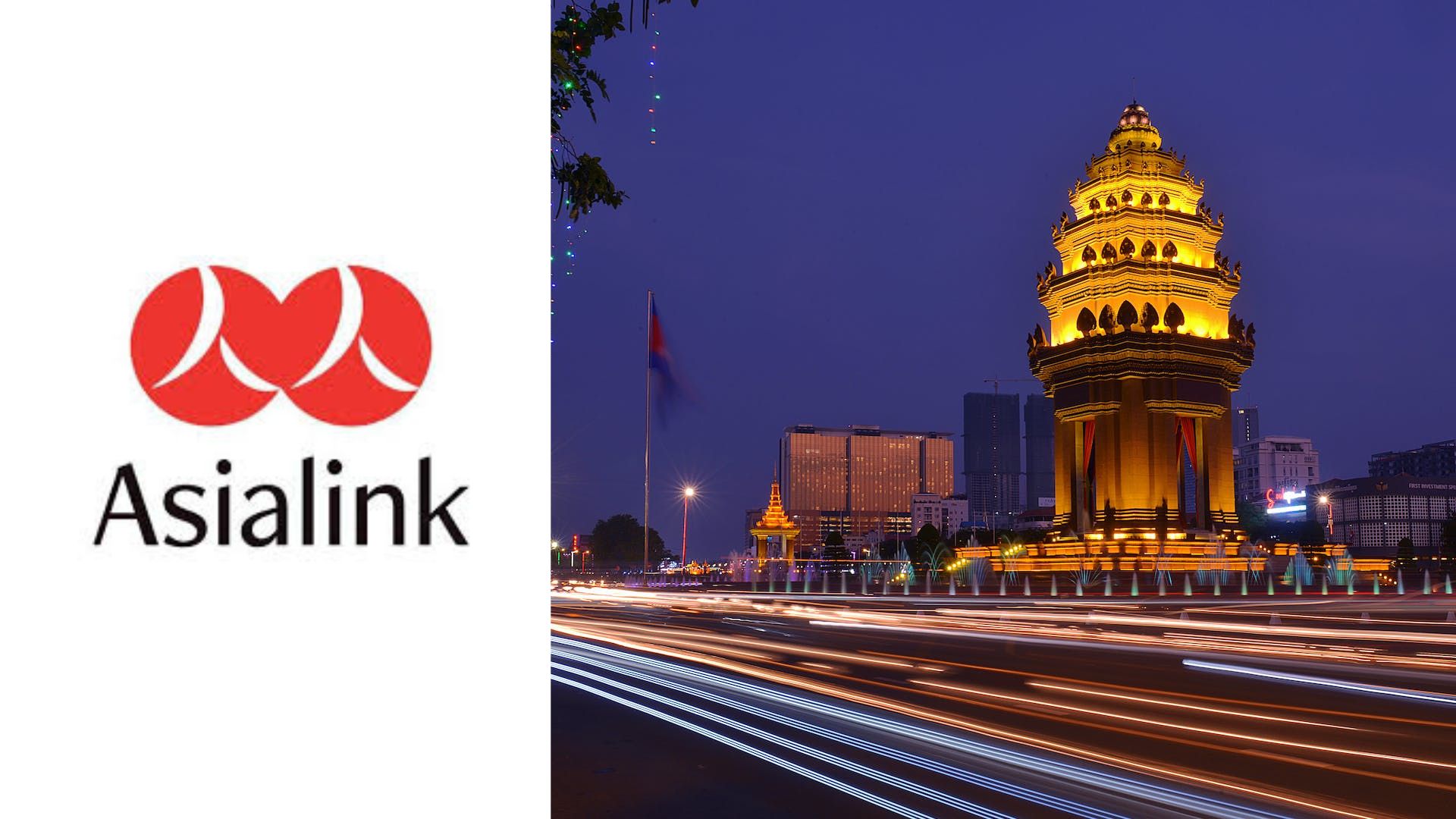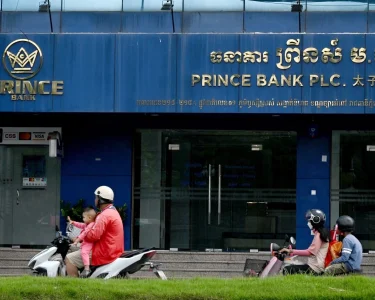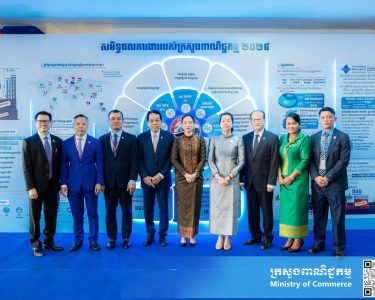Cambodia Investment Review
Cambodia, like much of Asia, enters 2025 navigating a mix of opportunities and uncertainties, shaped by global economic shifts, digital acceleration, and geopolitical tensions. As the Year of the Snake emphasizes transformation and adaptability, Cambodian businesses must embrace resilience and strategic agility to thrive in an increasingly complex environment. These insights are drawn from Asialink Business’ latest report, Adapting to Uncertainty: Business Trends in the Year of the Snake (February 2025), which surveyed over 100 business and government leaders on the trends shaping Asia’s economic landscape.
Geopolitical and regulatory challenges
According to the Asialink Business report, geopolitical risks remain a major concern for businesses operating in Asia, with half of respondents identifying it as a primary challenge. The return of President Donald Trump and persistent U.S.-China tensions have added new layers of uncertainty to global trade, a situation that is particularly relevant for Cambodia, where China remains the largest investor and trade partner.
Peter Varghese AO, Chancellor of the University of Queensland and Chair of the Asialink Advisory Council, noted that the world is moving into an era of “strategic instability” where geopolitics, economics, and technology are interwoven. He highlighted concerns about the long-term reliability of U.S. policies, China’s economic recalibration, and the potential impact of strong economic growth in India despite its high unemployment rates. These shifts underscore the need for Cambodian businesses to remain vigilant in managing cross-border trade risks.
Regulatory complexity is another challenge flagged by business leaders in the report. Nearly half of business respondents cited regulatory hurdles as a key concern, compared to only 28% of government respondents. In Cambodia, businesses are facing increased tax compliance measures and stricter foreign investment regulations, particularly in sectors such as banking, fintech, and real estate. Ainslie van Onselen, CEO of Chartered Accountants Australia and New Zealand, stressed that businesses must navigate a fragmented regulatory landscape, particularly smaller enterprises that face higher compliance costs and logistical challenges in expanding across borders.

Digital economy and consumer demand as key growth drivers
The Asialink Business report highlights that the digital economy and rising consumer demand will be the main engines of growth across Asia in 2025. With Cambodia’s mobile and digital penetration at record levels, e-commerce, digital banking, and fintech solutions are rapidly expanding.
Sabrina Li, founder of Qeeri AI and a former Asialink Leaders Program alumnus, emphasized the transformative role of artificial intelligence in reshaping business operations. She noted that businesses leveraging AI-driven services can scale more efficiently and deliver hyper-personalized digital solutions, an area where Cambodia’s e-commerce and fintech sectors are poised for significant expansion.
Over half of Asialink’s survey respondents pointed to digital transformation as a key driver of business expansion, a trend that aligns with Cambodia’s push for digital trade initiatives and mobile-first banking solutions such as ABA Bank’s digital payment ecosystem. However, companies must invest in localized digital strategies to stay competitive as regional players from Vietnam, Indonesia, and Thailand increase their presence in Cambodia’s digital economy.
Supply chain diversification and manufacturing prospects
The Asialink Business report also underscores the importance of supply chain diversification, a strategy that has gained momentum as companies seek alternatives to China. Cambodia has already benefited from this trend, attracting manufacturing investments in apparel, electronics, and solar panels.
Daniel Boyer, acting CEO of Austrade, remarked that supply chain diversification is not just a defensive measure against trade volatility but also an opportunity for businesses to explore new regional manufacturing hubs. This aligns with Cambodia’s growing role as a preferred destination for companies looking to mitigate production risks by expanding into Southeast Asia.
However, new U.S. tariffs on solar panels and shifting global trade preferences could pose challenges to Cambodia’s continued export growth. The Asialink Business report suggests that businesses should explore regional trade alliances, such as deepening economic collaboration with Vietnam and Thailand, to strengthen supply chain resilience.

Cambodia’s role in Asia’s investment landscape
While the Asialink Business report identifies India, Vietnam, and Indonesia as the top three markets for Australian businesses in 2025, Cambodia is emerging as a key player in Southeast Asia’s investment ecosystem. The Cambodia-China Free Trade Agreement (CCFTA) and the Regional Comprehensive Economic Partnership (RCEP) have bolstered the country’s attractiveness for foreign direct investment (FDI).
Swati Dave, Chair of the Advisory Board at the Centre for Australia-India Relations, highlighted India’s rapid economic expansion as a compelling opportunity for Australian businesses, but also emphasized the importance of long-term strategy and targeted partnerships. Similarly, Jennifer Westacott, Chancellor of Western Sydney University and Australian Business Champion to Indonesia, stressed the enormous opportunities in Indonesia’s growing middle-class market.
For Cambodia, infrastructure and real estate remain particularly strong investment sectors, with projects such as Mekong Quay City in Arey Ksat reflecting the country’s urbanization push. Jingmin Qian, National Vice President of the Australia China Business Council, noted that despite geopolitical uncertainties, China’s entrepreneurial culture and digital adoption trends continue to offer lucrative opportunities for businesses that understand its evolving consumer landscape.
Embracing the lessons of the Year of the Snake
As the Asialink Business report emphasizes, the Year of the Snake is a time for businesses to embrace agility, transformation, and resilience. For Cambodia, this means:
- Navigating geopolitical uncertainty by staying informed on regional shifts
- Capitalizing on digital economy trends to tap into Southeast Asia’s growing consumer base
- Strengthening supply chains through diversification and regional partnerships
- Leveraging FDI-friendly policies to attract new investment in real estate and infrastructure
By adapting to the uncertainties outlined in Asialink Business’ 2025 report, Cambodia’s businesses are well-positioned to sustain growth and drive innovation in the years ahead.





